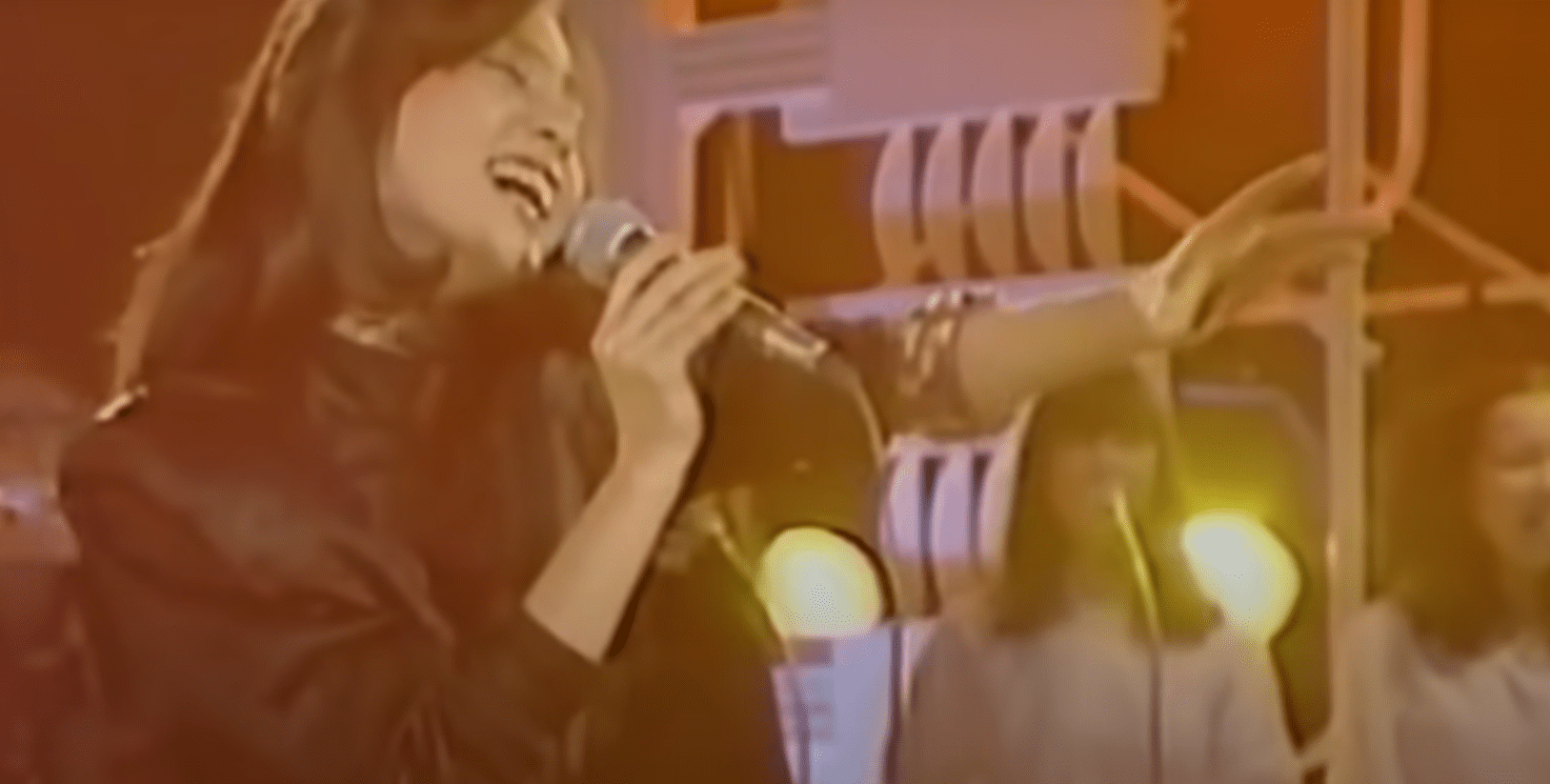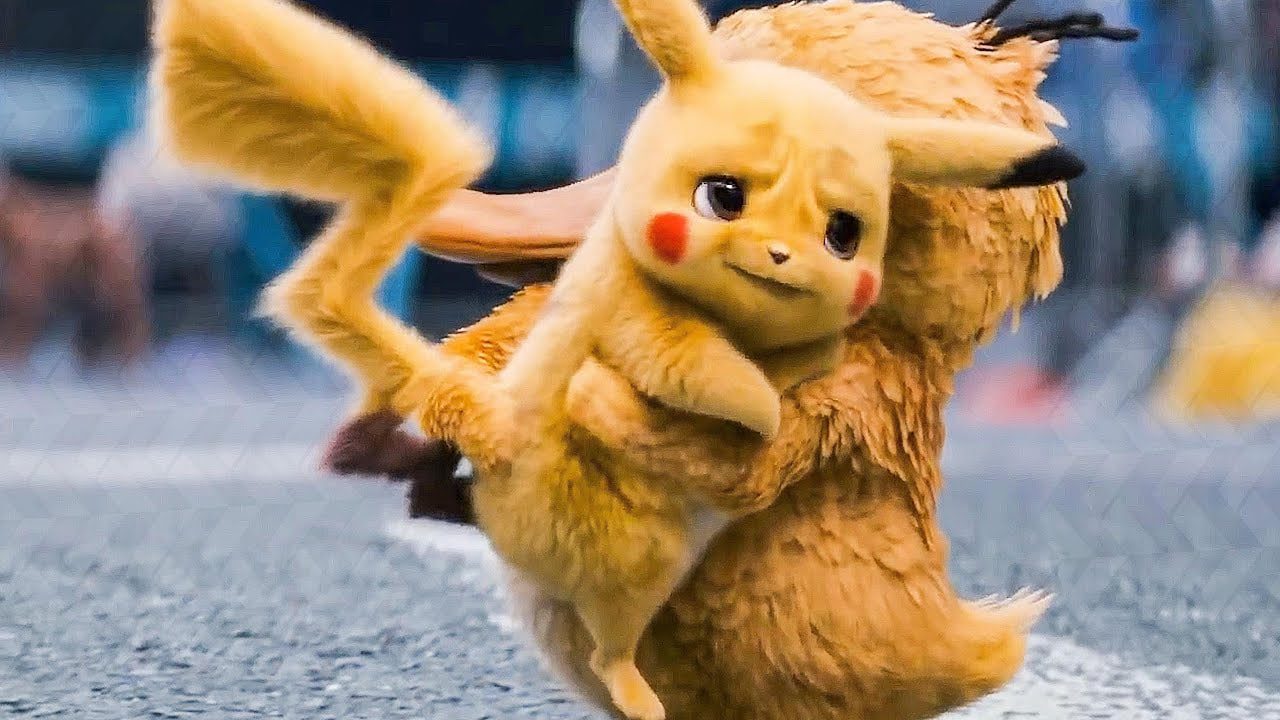Music lovers all across the world have been hearing a distinct sound from the past reverberating louder in their ears recently. A surprising rebirth has been taking place in Japan’s City Pop genre, which peaked in the 1980s. But why is this renaissance taking place, and why are audiences all over the world so charmed with this classic Japanese sound?
City Pop’s Origins

In Japan’s expanding economy and expanding cities, the late 1970s and early 1980s were a time when City Pop first gained popularity. Songs of this genre, distinguished by its jazzy and funky overtones, captured the upbeat mood of the time when the country was on the verge of becoming a superpower. Tatsuro Yamashita, Mariya Takeuchi, and Miki Matsubara were among of the artists who captured the cosmopolitan fantasies and exciting nightlife of places like Tokyo.
The YouTube Algorithm & Global Rediscovery

The algorithms of contemporary streaming platforms, particularly YouTube, are partly responsible for the revival of City Pop. In the recommended sections of listeners who had expressed interest in comparable genres, songs like Mariya Takeuchi’s “Plastic Love” started to appear around the middle of the 2010s. In addition to generating millions of views, this algorithmic push and the catchy beat of the song also sparked interest in the wider City Pop subgenre on a global scale. Because of the tangible experience they provide, vinyl records have become significantly more popular among collectors and aficionados. The warm sound of vinyl is a perfect complement to City Pop’s opulent, sophisticated soundscapes. City Pop’s popularity increased as a result of collectors’ quest for original albums, which infused the genre with a nostalgic quality.
Despite the fact that City Pop is innately a reflection of Japan’s past, its international resurrection is a powerful indicator of the dynamics of the world music scene. It highlights the enduring quality of outstanding music that the genre has the power to speak to listeners of all ages and cultural backgrounds. City Pop is poised to inspire and enchant a whole new generation as more and more modern musicians and producers incorporate these influences into their work. City Pop is a musical trip that takes listeners to a new era and location; it is more than just a genre. Its current resurgence is proof of how music has the ability to cut across generations, geographic boundaries, and even the passage of time. City Pop offers as a lyrical reminder of the lasting appeal of Japan’s cultural soundscape as we dance to its throwback beats.


